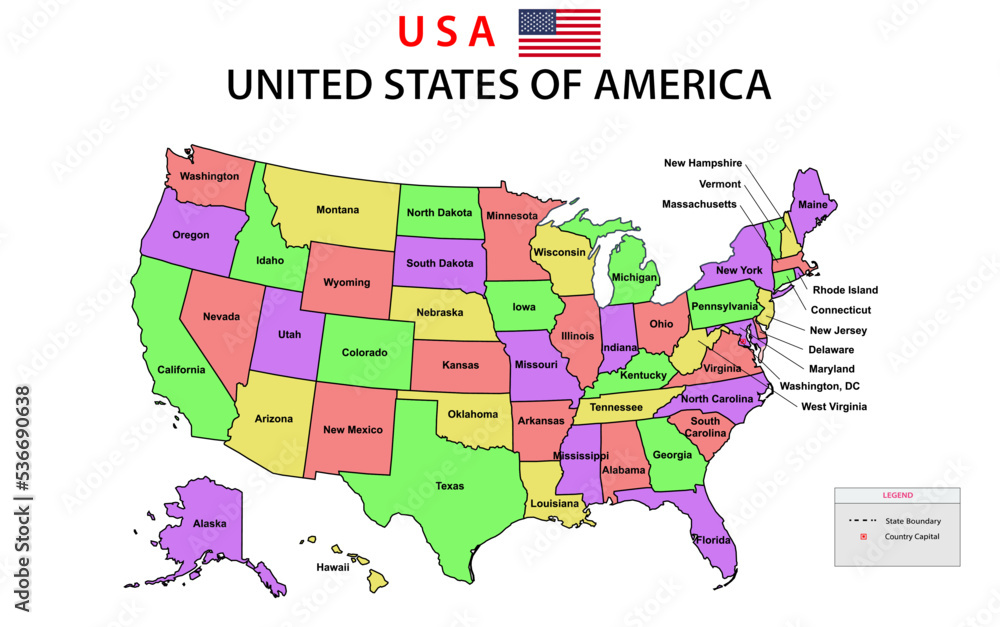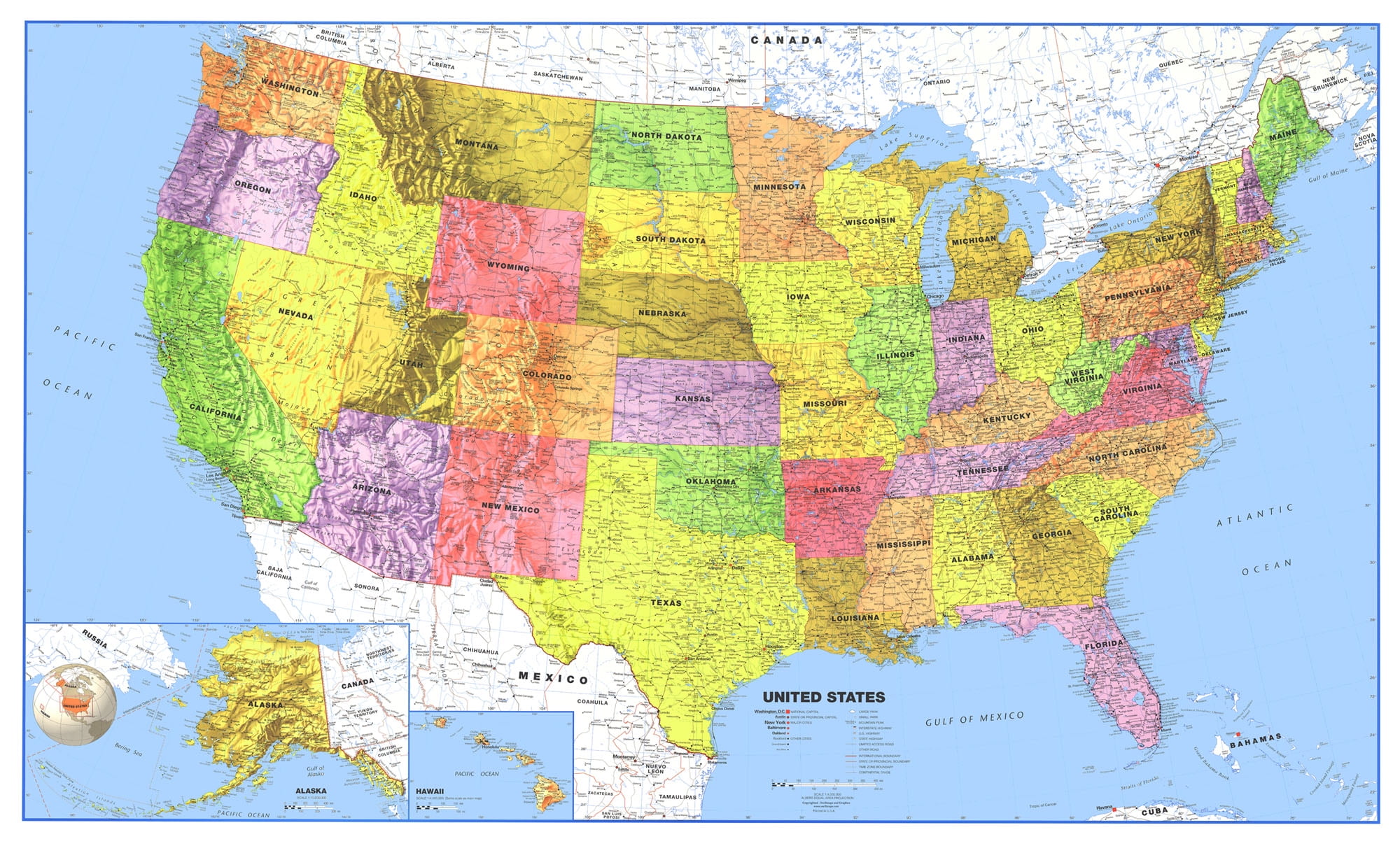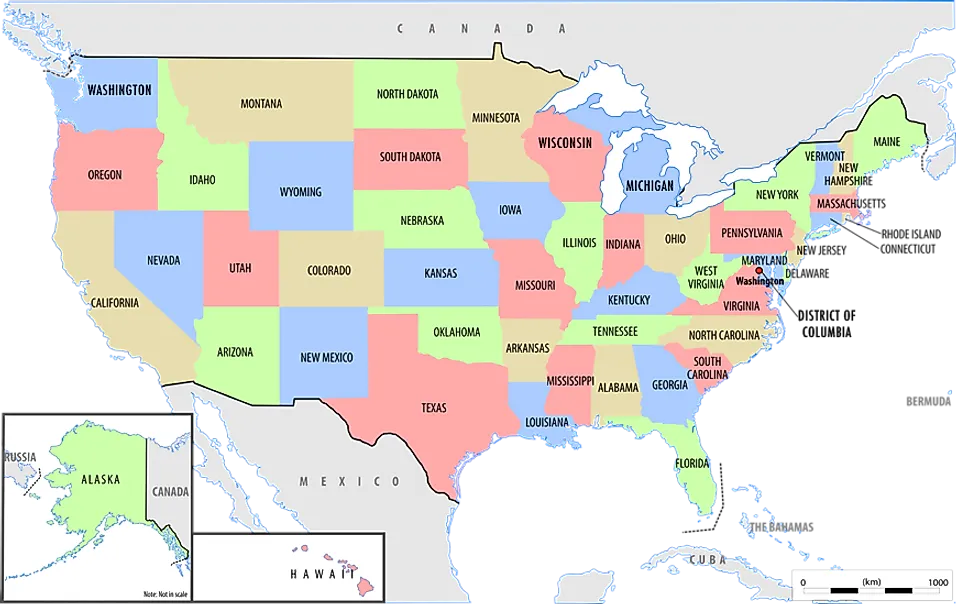The US Iran Nuclear Deal: A Complex Path To Stability
Table of Contents
- Introduction to the Iranian Nuclear Program: A Regional Flashpoint
- What Was the Iran Nuclear Deal (JCPOA)?
- The Trump Administration and the Deal's Unraveling
- The Aftermath and Renewed Tensions
- Attempts at Reinstatement and Ongoing Negotiations
- The Geopolitical Stakes and Regional Implications
- Looking Ahead: The Future of the Iran Nuclear Deal
Introduction to the Iranian Nuclear Program: A Regional Flashpoint
Iran's nuclear program is at the heart of its conflict with Israel and a major source of international concern. For decades, the international community has grappled with the question of Iran's nuclear ambitions, fearing that its civilian nuclear energy program could be a cover for developing nuclear weapons. This apprehension is amplified by Iran's geopolitical position and its often-antagonistic relationships with several regional and global powers. The pursuit of nuclear capabilities by Iran is viewed by many as a potential catalyst for an arms race in an already volatile Middle East, making the issue of its nuclear program a critical element of global security discussions. The history of Iran's nuclear activities dates back to the 1950s, initially with Western support under the Atoms for Peace program. However, after the 1979 Islamic Revolution, the program continued largely in secret, raising suspicions among international observers. By the early 2000s, revelations about undeclared nuclear facilities and activities, particularly enrichment facilities at Natanz and a heavy water reactor at Arak, intensified fears. These discoveries led to increased scrutiny from the International Atomic Energy Agency (IAEA) and the imposition of a series of UN, US, and EU sanctions aimed at compelling Iran to halt its enrichment activities and cooperate fully with international inspectors. The pressure from these sanctions, coupled with a desire for diplomatic resolution, eventually paved the way for negotiations that would lead to the US Iran Nuclear Deal.What Was the Iran Nuclear Deal (JCPOA)?
The Iran nuclear deal framework was a preliminary framework agreement reached in 2015 between the Islamic Republic of Iran and a group of world powers. Formally known as the Joint Comprehensive Plan of Action (JCPOA), it was a landmark agreement designed to prevent Iran from obtaining a nuclear weapon. The deal was signed in 2015 by the United States and Iran, as well as China, Russia, France, Germany, and the United Kingdom. These five permanent members of the United Nations Security Council (P5) plus Germany (P5+1) and the European Union were the key international players in these complex negotiations. This comprehensive agreement was the culmination of years of intense diplomatic efforts, marked by intricate technical discussions and political maneuvering.Obama's Vision and Diplomatic Triumph
Former US President Barack Obama campaigned on a promise to make sure that Iran did not obtain a nuclear weapon. His administration secured an agreement, the JCPOA, which was widely hailed as a diplomatic win for his presidency. The deal represented a significant shift from previous approaches that had largely relied on sanctions and isolation. Obama's strategy was to engage Iran directly, offering sanctions relief in exchange for verifiable constraints on its nuclear program. This approach was met with both praise for its diplomatic ingenuity and criticism for its perceived concessions to Iran. The belief was that a negotiated settlement, however imperfect, was preferable to military confrontation or an unconstrained Iranian nuclear program. The successful negotiation of the JCPOA demonstrated the potential for multilateral diplomacy to address complex global security challenges.Key Provisions: Sanctions Relief and Limitations
Under the original 2015 nuclear deal, Iran was allowed to enrich uranium up to 3.67% purity and to maintain a uranium stockpile of 300 kilograms. These limits were significantly below the levels required for weapons-grade uranium (around 90% purity) and the amount needed for a nuclear device. The deal put measures in place to prevent Iran from weaponizing its nuclear program by capping enrichment of uranium, transferring excess enriched uranium out of the country, and redesigning its Arak heavy water reactor to prevent plutonium production suitable for weapons. In return for these stringent limitations and enhanced inspections by the IAEA, Iran received substantial relief from international economic sanctions, which had severely crippled its economy. The lifting of sanctions was a major incentive for Iran to comply with the agreement, allowing it to re-enter global markets and access billions in frozen assets. The deal also included a "snapback" mechanism, meaning sanctions could be reimposed if Iran violated the terms of the agreement.The Trump Administration and the Deal's Unraveling
Wasn't there a deal limiting Iran’s nuclear programme already? Yes, the 2015 Joint Comprehensive Plan of Action (JCPOA) was indeed in place. However, the trajectory of the US Iran Nuclear Deal took a dramatic turn with the advent of the Trump administration. Donald Trump had been a vocal critic of the JCPOA, calling it the "worst deal ever" during his presidential campaign. He broke his 2016 promise to renegotiate the deal, instead choosing to withdraw from it entirely. In May 2018, Trump scrapped an earlier deal, arguing that it did not adequately address Iran's ballistic missile program or its support for regional proxy groups, and that its sunset clauses would eventually allow Iran to resume its nuclear activities. This decision was met with dismay by the other signatories (China, Russia, France, Germany, and the UK), who maintained that the deal was working and was the best way to contain Iran's nuclear ambitions.Israel's Concerns and Regional Dynamics
Throughout the negotiations and after the signing of the JCPOA, Israel remained a staunch opponent of the deal. Iran's nuclear program is at the heart of its conflict with Israel, which views a nuclear-armed Iran as an existential threat. Israeli Prime Minister Benjamin Netanyahu had long advocated military action against Iran's nuclear facilities and had been preparing to strike swiftly if the talks collapsed. Officials were concerned he might even make his move without a green light from Trump. Israel consistently argued that the JCPOA did not go far enough in dismantling Iran's nuclear infrastructure and that the sunset clauses would eventually allow Iran to legally develop nuclear weapons. This deep-seated distrust and the regional power dynamics played a significant role in the US decision to withdraw, as the Trump administration aligned closely with Israel's perspective on Iran.The Aftermath and Renewed Tensions
Following the US withdrawal from the JCPOA in 2018, the Trump administration reimposed and escalated sanctions on Iran, initiating a "maximum pressure" campaign aimed at crippling Iran's economy and forcing it to negotiate a new, more comprehensive deal. This move had severe consequences for Iran's economy, drastically reducing its oil exports and isolating it from the international financial system. In response to the US sanctions and the failure of European powers to fully offset their impact, Iran began to incrementally roll back its commitments under the JCPOA. Its officials increasingly threatened to pursue a nuclear weapon, and Iran started to enrich uranium to higher purities (up to 60%) and expand its uranium stockpile, far exceeding the limits set by the 2015 deal. This escalation brought Iran's nuclear program closer to weapons-grade material than ever before, raising alarm bells globally. The period after the US withdrawal was marked by heightened tensions in the Persian Gulf, including attacks on oil tankers, drone incidents, and direct confrontations between the US and Iran. Iran has suspended nuclear talks with the US after Israel's surprise attack on its nuclear facilities, while President Trump continued to urge Iran to enter into a deal to prevent further destruction. This cycle of escalation and retaliation underscored the instability created by the collapse of the JCPOA and the absence of a diplomatic framework to manage the nuclear issue. The international community, particularly the European signatories, struggled to keep the deal alive, but without US participation and the associated sanctions relief, Iran had little incentive to fully adhere to its commitments.Attempts at Reinstatement and Ongoing Negotiations
The election of Joe Biden as US President in 2020 brought renewed hope for a diplomatic resolution. Biden had expressed a desire to return to the JCPOA, believing it was the most effective way to prevent Iran from obtaining a nuclear weapon. Since then, there have been multiple rounds of indirect talks in Vienna and other locations, aimed at bringing both the US and Iran back into full compliance with the deal. As Iran and US negotiators arrive in Muscat for the third round of nuclear talks, here's an overview of how things got here and what's at stake. The path to reinstatement has been fraught with challenges, including Iran's continued nuclear advancements, the lingering effects of US sanctions, and mutual distrust.Current Negotiations and Challenges
The current negotiations seek to find a middle ground that addresses both US and Iranian concerns. An interim agreement on Iran's controversial nuclear program is being negotiated between the US and Iran. The US sent a nuclear deal proposal to Iran on Saturday, and CNN has learned this suggests the US could invest in Iran’s civilian nuclear power program and join a consortium that would oversee the program. This indicates a potential shift in strategy, moving beyond mere limitations to a more cooperative framework for civilian nuclear energy. However, challenges remain significant. Iran is ready to sign a nuclear deal with certain conditions with President Donald Trump in exchange for lifting economic sanctions, a top adviser to Iran’s supreme leader told NBC News on one occasion, indicating that Iran's demands for comprehensive sanctions relief are firm. Iranian Foreign Minister Araghchi cautioned that reinstating UN sanctions, which had been lifted under the 2015 nuclear agreement that expires in October this year, could lead to severe consequences, highlighting the urgency of reaching a new agreement before existing provisions lapse. The Iran nuclear deal negotiations initiated in 2025 under U.S. Donald Trump seek to limit Iran’s nuclear program and military ambitions after Trump scrapped an earlier deal in 2018. This suggests a potential future scenario where negotiations continue under a different US administration or that the initial "Data Kalimat" might be referencing future hypothetical scenarios or a misunderstanding of dates. Assuming the core intent is about ongoing efforts, the challenge remains to bridge the gap between Iran's demand for full sanctions relief and the US desire for broader constraints on Iran's nuclear and regional activities. A nuclear deal between the United States and Iran could be finalized as early as the next round of negotiations, according to a Thursday report from CNN. The potential breakthrough follows years of intense diplomatic efforts, demonstrating the persistent hope for a resolution. The offer is similar in many key respects to the 2015 Iran deal, though it differs in some aspects, indicating that the core framework remains relevant but adjustments are being sought to satisfy current demands. The Gulf States have a key role to play as mediators, given their proximity and vested interest in regional stability.The Geopolitical Stakes and Regional Implications
The stakes in the ongoing negotiations over the US Iran Nuclear Deal are incredibly high, extending far beyond the immediate concerns of nuclear proliferation. A successful agreement could de-escalate tensions in the Middle East, reduce the risk of military conflict, and potentially pave the way for broader regional stability. Conversely, a failure to reach a deal could lead to a more dangerous scenario where Iran rapidly advances its nuclear capabilities, potentially prompting other regional powers to pursue their own nuclear programs, triggering a dangerous arms race. The conflict between Iran and Israel, already volatile, would intensify further without a diplomatic off-ramp for Iran's nuclear ambitions. The economic implications are also significant. The lifting of sanctions would allow Iran to fully re-enter the global economy, potentially stabilizing oil markets and opening up new investment opportunities. However, the political ramifications for the US are complex, as any deal must balance non-proliferation goals with concerns about Iran's regional behavior and human rights record. The international community, including China and Russia, also has a vested interest in a stable resolution, as a nuclear crisis in the Middle East would have global repercussions. The US Iran Nuclear Deal remains a crucial test of multilateral diplomacy's ability to address complex security challenges in a highly interconnected world.Looking Ahead: The Future of the Iran Nuclear Deal
The future of the US Iran Nuclear Deal remains uncertain, but the persistent efforts to revive it underscore its perceived importance by many international actors. As Iran and US negotiators continue to engage, the core challenge lies in finding a durable framework that addresses both Iran's sovereign right to peaceful nuclear energy and the international community's imperative to prevent nuclear proliferation. The lessons from the original JCPOA, its unraveling, and the subsequent escalations provide valuable insights into what works and what doesn't in high-stakes diplomacy. Ultimately, any lasting solution will likely require a combination of robust verification mechanisms, sustained diplomatic engagement, and a willingness from all parties to compromise. The alternative – an unconstrained Iranian nuclear program or military confrontation – carries far greater risks for regional and global security. The ongoing negotiations are not just about a nuclear deal; they are about shaping the future of security in the Middle East and setting a precedent for how the world addresses complex proliferation challenges. The world watches closely, hoping that diplomacy can once again prevail and steer the region away from the precipice of nuclear escalation.The journey of the US Iran Nuclear Deal has been a tumultuous one, marked by periods of hope, progress, and profound setbacks. From its inception as a landmark diplomatic achievement under the Obama administration, which sought to ensure Iran did not obtain a nuclear weapon, to its controversial abandonment by the Trump presidency, the agreement has continuously shaped geopolitical dynamics. The 2015 Joint Comprehensive Plan of Action (JCPOA) imposed significant limits on Iran’s nuclear program in return for sanctions relief, a framework that many believed was the best way to prevent proliferation. However, concerns from nations like Israel, coupled with a shift in US policy, led to its unraveling and a dangerous escalation of tensions, with Iran increasing its nuclear activities.
Despite the challenges, efforts to revive the deal persist, highlighting the international community's recognition that a diplomatic solution is crucial. As negotiations continue, the goal remains to find a pathway that secures global non-proliferation goals while addressing Iran's legitimate interests. The complexities of the US Iran Nuclear Deal underscore the delicate balance required in international relations, where trust, verification, and strategic compromise are paramount to achieving lasting peace and stability. We invite you to share your thoughts on the future of the Iran nuclear deal in the comments below. What do you believe is the most effective path forward? For more in-depth analysis on international security and diplomacy, explore other articles on our site.
Article Recommendations



Detail Author:
- Name : Gunnar Harris
- Username : halie25
- Email : fharris@gmail.com
- Birthdate : 1987-06-16
- Address : 252 Vince Wall Apt. 809 East Penelope, AK 75648-1643
- Phone : 1-864-647-8492
- Company : Vandervort, Lesch and Marquardt
- Job : Film Laboratory Technician
- Bio : Et quia commodi accusantium qui pariatur iusto rerum. Nisi cupiditate quidem nisi molestias consectetur ipsum. Ea odio tempora dolorem natus quo molestiae laudantium.
Socials
instagram:
- url : https://instagram.com/princess_xx
- username : princess_xx
- bio : Quaerat quas cupiditate nam. Aliquid quia modi et consequatur. Natus temporibus et nesciunt.
- followers : 353
- following : 1659
tiktok:
- url : https://tiktok.com/@princess_real
- username : princess_real
- bio : Autem similique sint placeat nulla et consequatur. Aut enim possimus porro aut.
- followers : 2198
- following : 498
linkedin:
- url : https://linkedin.com/in/princess_id
- username : princess_id
- bio : Tenetur est libero magnam quaerat aut.
- followers : 6917
- following : 747
facebook:
- url : https://facebook.com/mante1973
- username : mante1973
- bio : Assumenda beatae et earum id. Aperiam quam ut dolore ducimus.
- followers : 6265
- following : 1435
twitter:
- url : https://twitter.com/princessmante
- username : princessmante
- bio : Nulla ut est illum sed cupiditate dolorem. Aspernatur et saepe laboriosam soluta.
- followers : 3266
- following : 1734